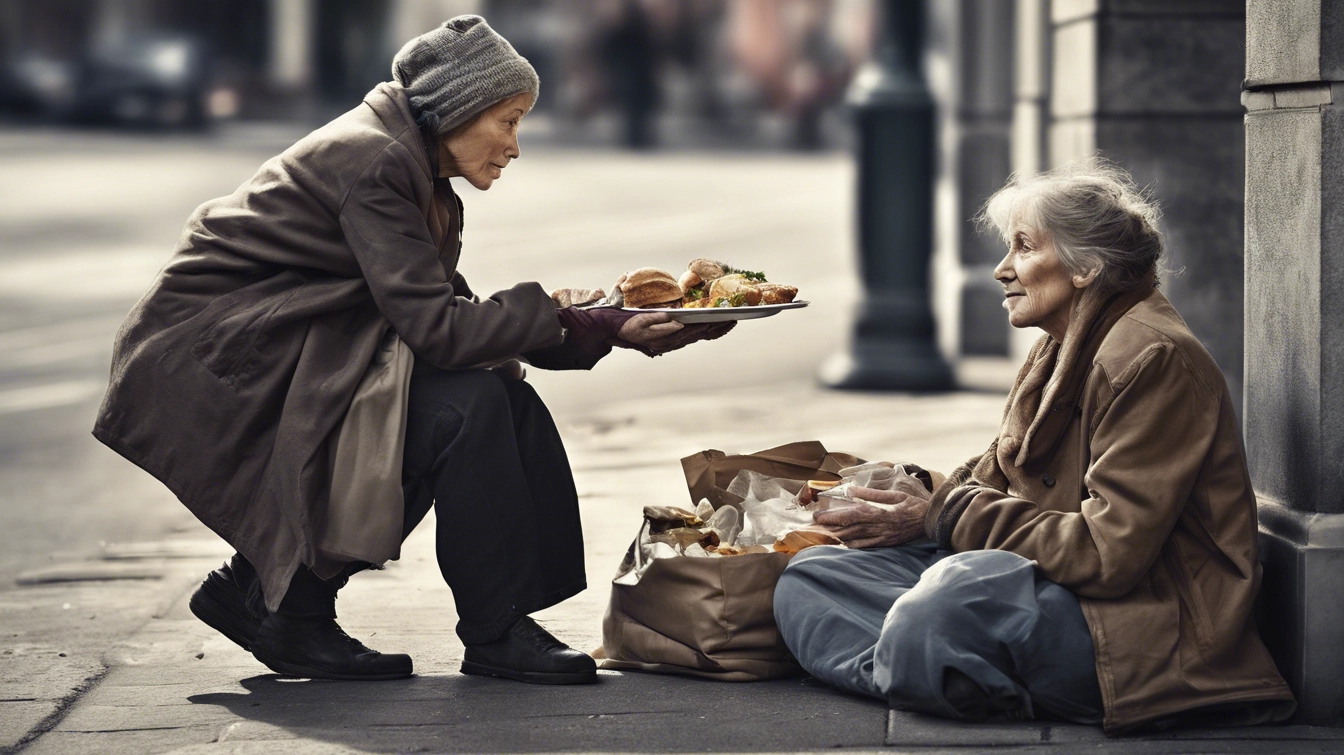After a session of sitting in the power, Trev prepares a new digital notepad before closing his eyes, saying a prayer and sending a request to his team in the spirit world. When he hears the first few words from the connecting speaker, he commences with the transcribing process of writing everything that comes into his mind.
Only a few words are heard at a time, giving Trevor time to transcribe them. Trevor never knows ahead what the topic of the communication will be, nor the direction and composition of the message.
The process is known as automatic or inspired writing, determined by the amount of the altered state of mind.

